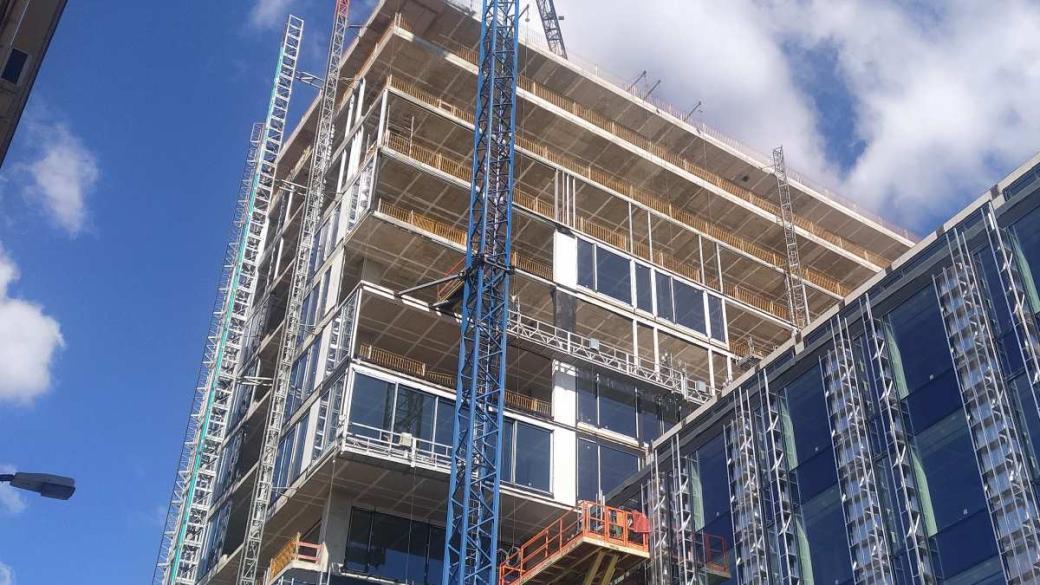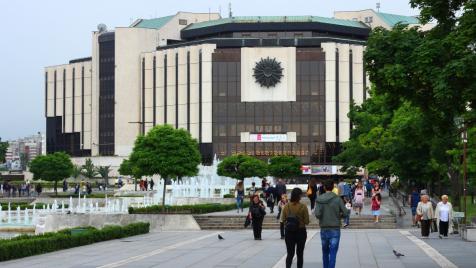Double price increase: Where is Bulgaria on the European housing map?
The growth is driven by higher construction costs and mortgage interest rates, combined with limited supply and investment purchases

Bulgaria is among the European Union countries where housing prices have increased significantly between 2015 and 2024, more than doubling. Over the same period, house prices in the European Union rose by 53%, with some countries seeing prices triple, according to Euronews. Higher construction costs and mortgage interest rates, combined with limited supply and growing interest in buying homes for investment purposes, have led to dizzying prices in some EU countries.
The most dramatic price increases have been seen in Hungary, where homes cost three times more than in 2015. Currently, the price of an apartment in the Hungarian capital Budapest varies on average between €250,000 and €1.5 million.
Hungary is followed by Iceland, where prices are approximately 2.5 times higher than in 2015. The most expensive homes are in the capital region – Reykjavik and the six neighboring municipalities, where the average purchase price is around €558,000. According to the Central Bank of Iceland, although supply is increasing and demand is easing, house price growth is slowing, but annual inflation in March was still high at 8%.
Significant increases in house prices over the past nine years have also been observed in other European countries. In Lithuania, Portugal, the Czech Republic, Bulgaria, Estonia, and Poland, prices have doubled or even more.
At the same time, Finland is at the bottom of the ranking, where property prices have not risen significantly from their levels of almost a decade ago. However, there are large differences between house prices in rural areas and in Helsinki.
According to a recent report by Global Property Guide, the decline in the Finnish real estate market, which began in 2021 and led to an annual price drop of 14%, has probably reached its lowest point.
Eurostat does not have data on house prices in Greece, but according to the Bank of Greece's residential property index, prices in urban areas are slightly above 2008 levels.
Outside the EU, prices in Turkey are 17 times higher than in 2015. In Istanbul, a two-room apartment currently costs around €120,000.
Is renting more affordable?
Renting a house or apartment has also become significantly more expensive across Europe, albeit at a slower pace than purchase prices. According to the latest available Eurostat data, rents in the EU increased by 26.7% between 2010 and the fourth quarter of 2024.
However, in some countries, rents have risen well above the average. The largest increase was recorded in Estonia, where they more than tripled (+212%) compared to 2010 levels. In Lithuania, rents rose by 175%, and in Iceland by 120%.
Greece is at the bottom of this ranking, where rents are 13% lower than in the same period.
At the same time, rents in Turkey are almost 8.8 times higher than they were ten years ago, according to the latest OECD data.
Housing costs – where are they highest in the EU?
Housing costs, including utilities, have also risen significantly in many EU member states.
Between 2015 and March 2025, housing costs in Estonia increased the most in the entire bloc – just over twice (201.44%) compared to a decade earlier. It is followed by Poland and the Czech Republic, where housing costs are around 180% of 2015 levels.
Bulgaria reported a 159.62% increase in costs.
Translated with DeepL.

 Economic.bg
Economic.bg 